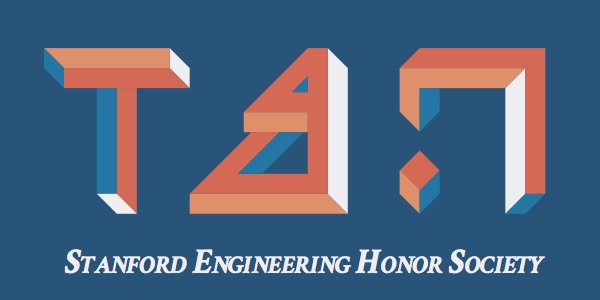By Kelsey Bing, Senior, Mechanical Engineering
Kelsey is a student-athlete majoring in Mechanical Engineering. Her interests include field hockey, dogs, and traveling.

Why did you choose to be an engineer?
I always loved solving problems, and, in high school, I had a strong interest in applied math and its application to physics and chemistry. My mom actually told me she thought I would be a good engineer, and I decided to try it out. I have not left engineering since.
Favorite engineering-related sources for inspiration?
Khan Academy!
When I was a young sophomore in high school, I went on many recruiting trips to try to determine which collegiate field hockey team I would best fit on. Now, it seems a bit ridiculous that my 15-year-old self eventually determined where I would end up in my early 20’s, but I took my role very seriously.
I knew that I wanted to do something in engineering, a statement that I thought was incredibly vague, yet largely determined my path in collegiate athletics. A coach’s standard question was, “What are you thinking of studying,” as if they expected someone who could not drive to know what she wanted to do for the rest of their life. I always adamantly responded: “engineering.”
The coaches almost exclusively appeared shocked that I wanted to do what they deemed such an “intense” and “hard” major, but I stood my ground. This led to a couple coaches or student-athletes on the team telling me that their university was not for me because engineers could not possibly be student-athletes. “I want to be an engineer” seemed to narrow down my decision more than the different tours I would take to see what the different university’s engineering schools would have to offer.
One of the only places that told me I could be on the field hockey team and do engineering was Stanford. In retrospect, this whole experience seems a bit odd. I play a non-revenue sport that most people confuse with lacrosse or think I must be a fantastic ice skater. Why would engineering be such a hindrance to my athletic endeavors at university?
I quickly found this answer out my freshmen year when I discovered that most of the classes I wanted to take were during my practice times and that my practices were going to consume about 20 hours per week. My teammates, who were really just trying to help me have a successful freshman fall, would tell me, “oh, don’t take that class during season! You won’t make it. Take this one instead,” often pointing to a class that I had absolutely no interest in and required way too much reading and writing for my taste. I wanted to solve problems, not write about them.
Maybe I’m just stubborn, but I decided to take Math 51: Linear Algebra, Multivariable Calculus, and Modern Applications and Chem 31A: Chemical Principles I during my first NCAA collegiate season despite their reputations as hard, weed out courses. To add to that, field hockey is a sport centered upon the east coast with a small sprinkle along the Great Lakes. There are a grand total of three programs west of Iowa if I decide to include Stanford in that count. Needless to say, I was mostly not present on campus during my freshman fall.
Despite my teammates’ warnings and knowing my travel schedule, I took those courses, and guess what? I did not like either of them. What I did like though was that Math 51 was a pre-requisite for CME 102 (Ordinary Differential Equations for Engineers), which is a pre-requisite for ME 161 (Dynamic Systems, Vibrations, and Controls), which is a pre-requisite for ENGR 105 (Feedback Control and Design), which is a pre-requisite for ENGR 205 (Introduction to Control Design Techniques). And, before I knew it, I was knee-deep in differential equations based controls engineering, and I was absolutely loving it.
Do my teammates and other athletes sometimes still think I am crazy for doing mechanical engineering with a focus in dynamics and controls? Absolutely. However, what I have found through my persistent quest to become a mechanical engineer is that there are plenty of student-athletes who are also engineers. They are doing things that I genuinely wonder how they have time for and usually I do not even understand. Yes, engineering is not for everybody, but engineering is not exclusive to people that have copious amounts of time. I really believe that anyone can be an engineer if he or she desires, no matter his or her background or commitments to outside activities or jobs. People may think you are crazy, and maybe you will have to compromise a bit between your commitments. But, all I know is, as a senior about to graduate, I am awfully thankful that a strong-willed 15-year-old told everyone she was going to be an engineer and chose to have selective hearing from those who did not believe in her.
